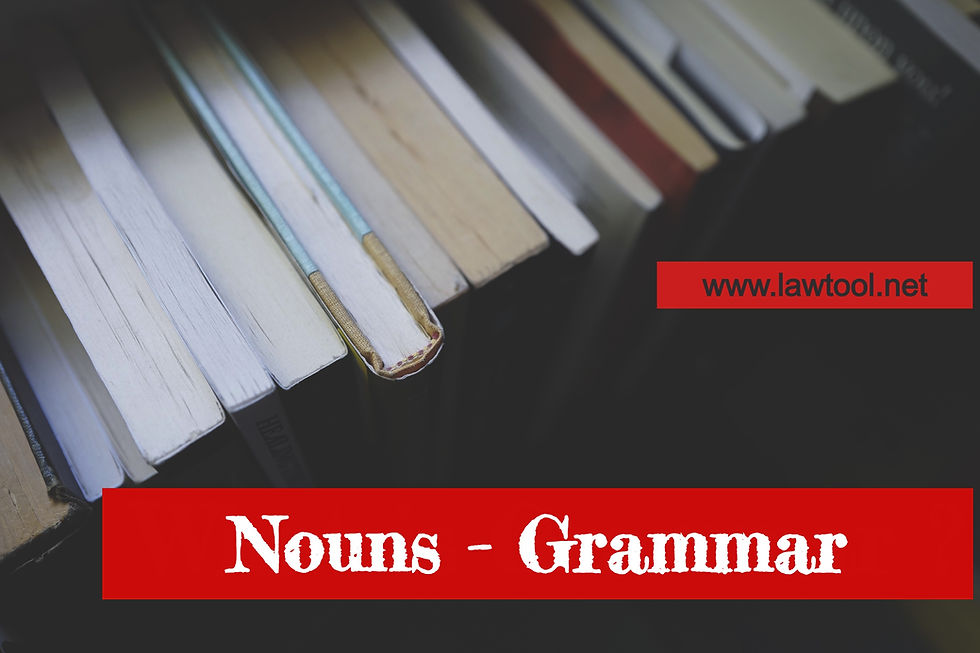Nouns
• Common Nouns
• Proper Nouns
• Singular Nouns
• Plural Nouns
• Collective Nouns
• Masculine and Feminine Nouns
Nouns
Nouns can be singular or plural. When you are talking about one person, animal, place, or thing, use a singular noun
Word File
These are also singular nouns:
an airplane
a refrigerator
a comb
a slide
a girl
a swing
a key
a van
an owl
a letter
a bicycle
a map
a boy
a photograph
a bus
Use a or an before singular nouns.
Use an before words beginning with vowels (a, e, i, o, u). For example, say:
an axe
an igloo
an egg
an orange
an envelope an umbrella
an ice cream
an uncle
But some words don’t follow this rule. For example, use a (not an) before these words that begin with u:
a uniform
a university
Use a before words beginning with the other letters of the alphabet, called consonants.
For example, say:
a basket
a rainbow
a bowl
a monster
a car
a pillow
a hill
a watch
a house a zoo
But some words don’t follow this rule. For example, use an (not a) before these words that begin with h:
an heir
an honor
an hour
Proper nouns are names for particular people, places or things. They always begin with a capital letter.
Word File
Here are some more names of people:
Ali Baba
Florence Nightingale
Derek Jeter
Pauline
Johnny Depp
Patrick
Harry Potter
Pinocchio
Robin Hood
Reflexive Pronouns
The words myself, yourself, himself, herself, itself, ourselves, yourselves and themselves are called reflexive pronouns.
They refer to the person or animal that is the subject of the verb.
I made this cake myself.
Be careful with the knife. You’ll cut yourself.
Michael is looking at himself in the mirror.
Susan has hurt herself.
Our cat washes itself after each meal.
We organized the party all by ourselves.
Come in, children, and find yourselves a seat.
Baby birds are too young to look after themselves.
Interrogative Pronouns
The words who, whom, whose, what and which are called interrogative pronouns.
These pronouns are used to ask questions.
Who
Who is he talking to?
Who are those people?
Which
Which of these bags is yours?
Which do you prefer?
Whom
Whom are you playing with?
Whom is he talking to?
Whose
Whose is this umbrella?
Whose are these gloves?
WHAT
What is your dog’s name?
What are you talking about?
What is the time?
Grammer Help
Who can be used as the object of a verb as well as the subject.
Whom is used only as the object. For example,you can say:
Who are you playing with?
Whom are you playing with?
Demonstrative Pronouns
The words this, these, that and those are called demonstrative pronouns. They are showing words
This is my house.
This is a hill.
These are donkeys.
What is this?
Did you drop this?
Hi, Jane! This is Michael!
You use this and these when you point to things near you.
You use that and those when you point to things farther away.
Demonstrative pronouns can be singular or plural:
Singular | Plural |
|
|



Comments